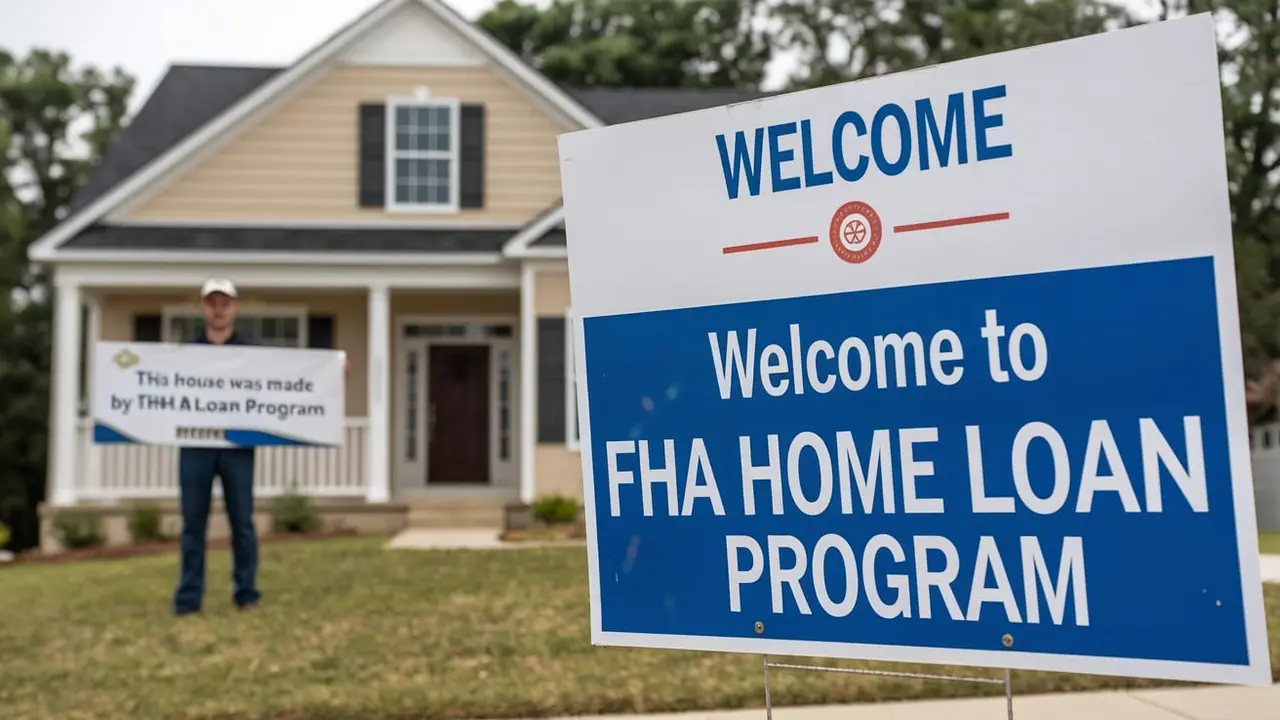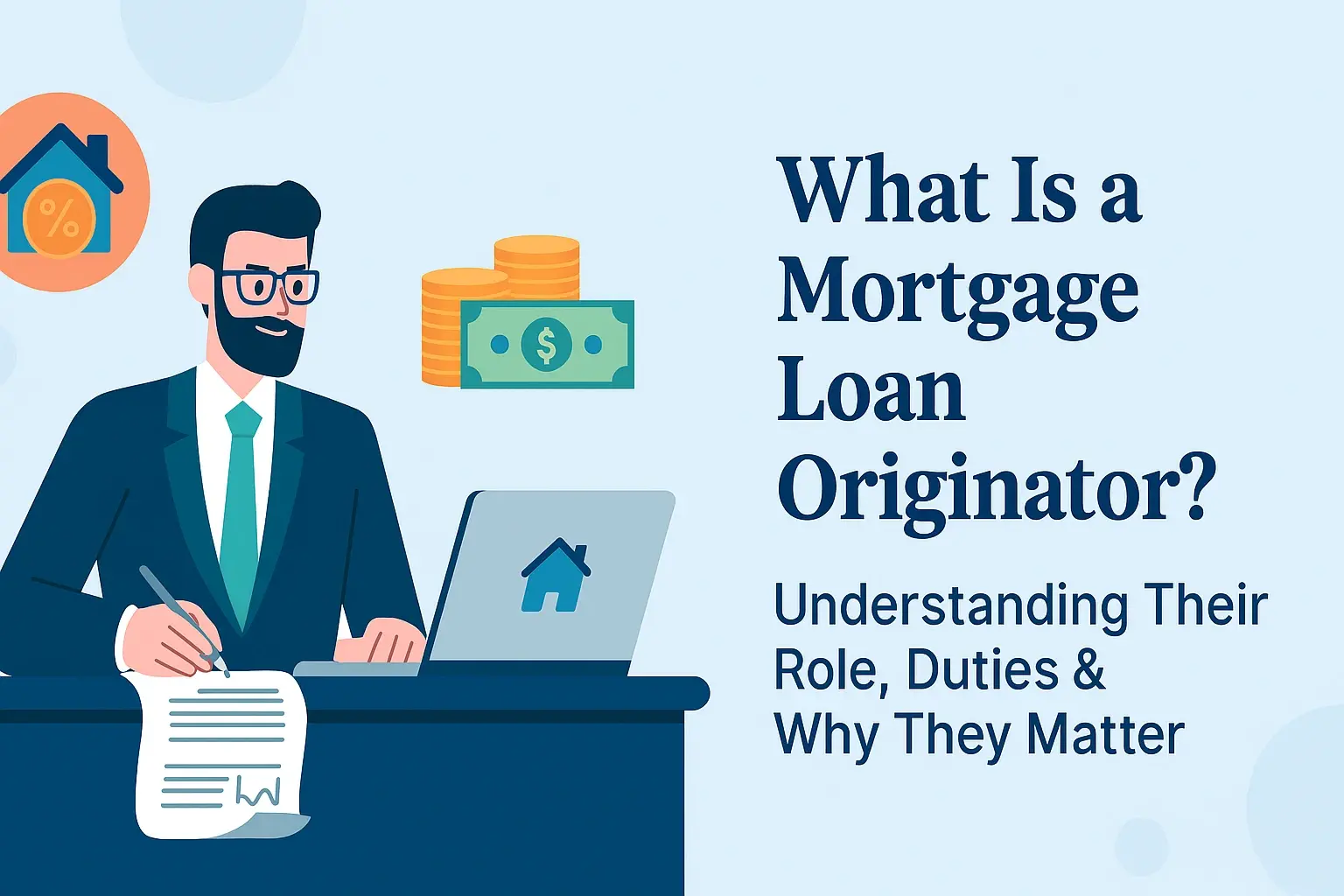Introduction to FHA Loans
Buying a home is a significant milestone, and for many, securing a mortgage is an essential step. Among the various types of mortgage loans available, the FHA loan stands out as a popular option, particularly for first-time homebuyers and those with limited savings. But what exactly is an FHA loan, and why is it so appealing? This comprehensive guide will walk you through everything you need to know, from eligibility requirements to the application process, helping you determine if an FHA loan is the right choice for you.
In essence, an FHA loan is a mortgage insured by the Federal Housing Administration (FHA), a government agency within the Department of Housing and Urban Development (HUD). This insurance protects lenders against losses if a borrower defaults on the loan. Because the risk to lenders is reduced, they are more willing to offer loans to borrowers who might not qualify for conventional mortgages. This translates to more accessible homeownership opportunities for a wider range of individuals and families.
Understanding the Basics of FHA Loans
Key Features of FHA Loans
- Low Down Payment: One of the most attractive features of FHA loans is the low down payment requirement. Typically, the minimum down payment is just 3.5% of the purchase price. This significantly reduces the initial upfront costs associated with buying a home, making it more affordable for many.
- Flexible Credit Score Requirements: FHA loans generally have more flexible credit score requirements than conventional loans. While the specific minimum score can vary depending on the lender, a FICO score of 500 or higher may be sufficient to qualify, especially with a larger down payment. Borrowers with scores below 580 will generally need to put down at least 10%.
- Government Backing: As mentioned earlier, the FHA insures these loans, which gives lenders confidence in lending to borrowers who might otherwise be considered higher risk. This backing allows lenders to offer more favorable terms and interest rates.
- Mortgage Insurance Premiums (MIP): FHA loans require borrowers to pay mortgage insurance premiums (MIP). This protects the lender in case of default. There are two types of MIP:
- Upfront Mortgage Insurance Premium (UFMIP): Paid at closing, typically 1.75% of the loan amount. This can often be rolled into the loan amount.
- Annual Mortgage Insurance Premium (Annual MIP): Paid monthly as part of your mortgage payment. The amount depends on the loan amount, loan term, and loan-to-value (LTV) ratio. Depending on the loan terms, this may be required for the life of the loan.
Who is Eligible for an FHA Loan?
FHA Loan Requirements
While FHA loans are more accessible than conventional mortgages, there are still specific requirements that borrowers must meet to qualify.
- Credit Score: As previously mentioned, a credit score of 500 or higher is generally required. Borrowers with lower scores will likely need a larger down payment.
- Debt-to-Income Ratio (DTI): Lenders will assess your DTI, which is the percentage of your gross monthly income that goes towards debt payments (including the new mortgage payment). FHA guidelines typically prefer a DTI of 43% or lower, but higher DTIs may be approved with compensating factors such as a strong credit history or significant savings.
- Stable Income: You must demonstrate a stable and reliable income source. This can include employment, self-employment, or retirement income. Lenders will typically require documentation such as pay stubs, tax returns, and bank statements.
- Valid Social Security Number: You must have a valid Social Security number.
- Must Occupy the Property: The property being purchased must be your primary residence. You cannot use an FHA loan to purchase an investment property or a second home.
- Property Requirements: The property must meet certain FHA appraisal guidelines. This ensures the property is safe, structurally sound, and meets minimum standards for habitability.
Common FHA Loan Scenarios
FHA loans are particularly well-suited for several common scenarios:
- First-Time Homebuyers: The low down payment and flexible credit requirements make FHA loans an excellent option for individuals purchasing their first home.
- Borrowers with Limited Savings: The low down payment reduces the financial burden of buying a home, making it easier for borrowers with limited savings to achieve homeownership.
- Borrowers with Lower Credit Scores: FHA loans offer a pathway to homeownership for borrowers with credit scores that might not qualify for conventional mortgages.
- Borrowers Seeking Affordable Housing: FHA loans can be used to purchase homes in a variety of locations, including areas targeted for affordable housing development.
The FHA Loan Application Process
Steps to Getting an FHA Loan
- Get Pre-Approved: The first step is to get pre-approved for an FHA loan. This involves submitting your financial information to a lender, who will then assess your creditworthiness and determine how much you can borrow. Pre-approval strengthens your position when making an offer on a home.
- Find a Home: Once you're pre-approved, you can start searching for a home that meets your needs and budget.
- Make an Offer: When you find a home you like, work with your real estate agent to make an offer. Your offer should be contingent on a satisfactory home inspection and appraisal.
- Home Inspection: A home inspection is crucial to identify any potential problems with the property. You can negotiate repairs with the seller based on the inspection report.
- FHA Appraisal: The lender will order an FHA appraisal to ensure the property meets FHA standards and is worth the loan amount.
- Loan Underwriting: The lender will review all of your documentation, including your credit report, income verification, and appraisal report, to make a final decision on your loan application.
- Closing: If your loan is approved, you'll proceed to closing, where you'll sign the loan documents and pay any remaining closing costs. You'll then receive the keys to your new home!
The Benefits of Choosing an FHA Loan
Advantages of FHA Loans
- Lower Down Payment: As mentioned, the 3.5% down payment is a significant advantage, particularly for first-time homebuyers.
- Easier Qualification: FHA loans have more lenient credit score and DTI requirements compared to conventional loans.
- Assumability: In some cases, FHA loans are assumable, meaning that a qualified buyer can take over your existing mortgage with the same terms. This can be a valuable benefit if interest rates rise.
- Help for First-Time Buyers: The FHA provides various resources and programs to support first-time homebuyers.
Potential Drawbacks of FHA Loans
- Mortgage Insurance: The requirement to pay mortgage insurance premiums (MIP) can add to the overall cost of the loan. Depending on the loan terms and LTV, you may be required to pay MIP for the life of the loan.
- Loan Limits: FHA loans have loan limits, which vary by county. These limits may not be sufficient in high-cost areas.
- Property Requirements: The FHA appraisal process can be more stringent than conventional appraisals, and properties must meet specific safety and habitability standards.
FHA vs. Conventional Loans: A Comparison
Key Differences Between FHA and Conventional Mortgages
It's important to understand the differences between FHA loans and conventional mortgages to determine which option best suits your needs.
| Feature | FHA Loan | Conventional Loan |
|---|---|---|
| Down Payment | As low as 3.5% | Typically 5% - 20% |
| Credit Score | Lower credit scores accepted (500+) | Higher credit scores required (620+) |
| Mortgage Insurance | Required (UFMIP and Annual MIP) | Required if down payment is less than 20% (Private Mortgage Insurance - PMI) |
| Income Requirements | More flexible income requirements | Stricter income requirements |
| Loan Limits | Subject to FHA loan limits, which vary by county | Subject to conforming loan limits set by Fannie Mae and Freddie Mac |
| Government Backing | Insured by the Federal Housing Administration (FHA) | Not insured by the government |
Tips for Getting Approved for an FHA Loan
Maximizing Your Chances of Approval
- Improve Your Credit Score: Even though FHA loans are more forgiving, improving your credit score will increase your chances of approval and potentially secure a lower interest rate.
- Reduce Your Debt: Lowering your DTI will make you a more attractive borrower to lenders.
- Save for a Larger Down Payment: While not required, a larger down payment can increase your chances of approval and lower your monthly mortgage insurance premiums.
- Gather Necessary Documentation: Be prepared to provide all necessary documentation, including pay stubs, tax returns, bank statements, and identification.
- Work with a Reputable Lender: Choose a lender who is experienced with FHA loans and can guide you through the application process.
Conclusion
An FHA loan can be a valuable tool for individuals and families seeking to achieve homeownership, particularly those who are first-time buyers, have limited savings, or have lower credit scores. By understanding the requirements, benefits, and potential drawbacks of FHA loans, you can make an informed decision about whether this type of mortgage is the right fit for your unique circumstances. Be sure to explore your options, consult with a qualified lender, and carefully consider your financial situation before embarking on the home buying journey.










